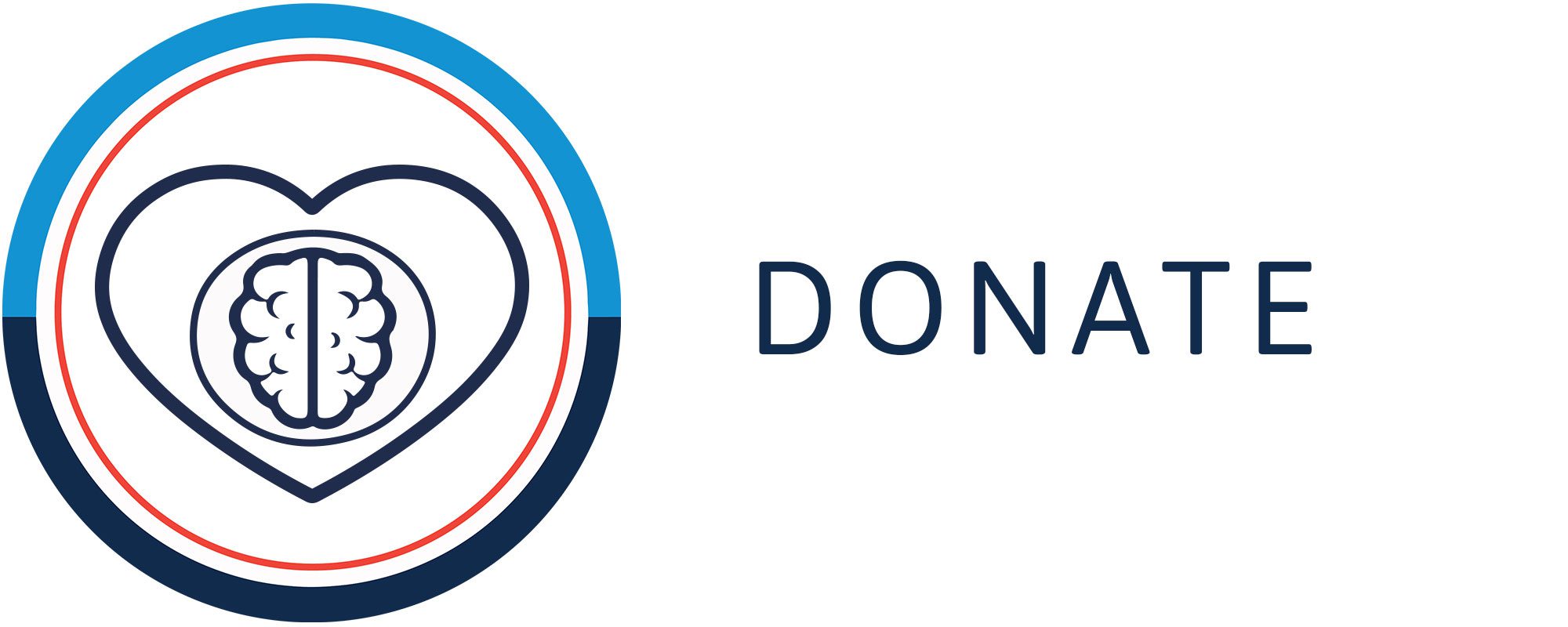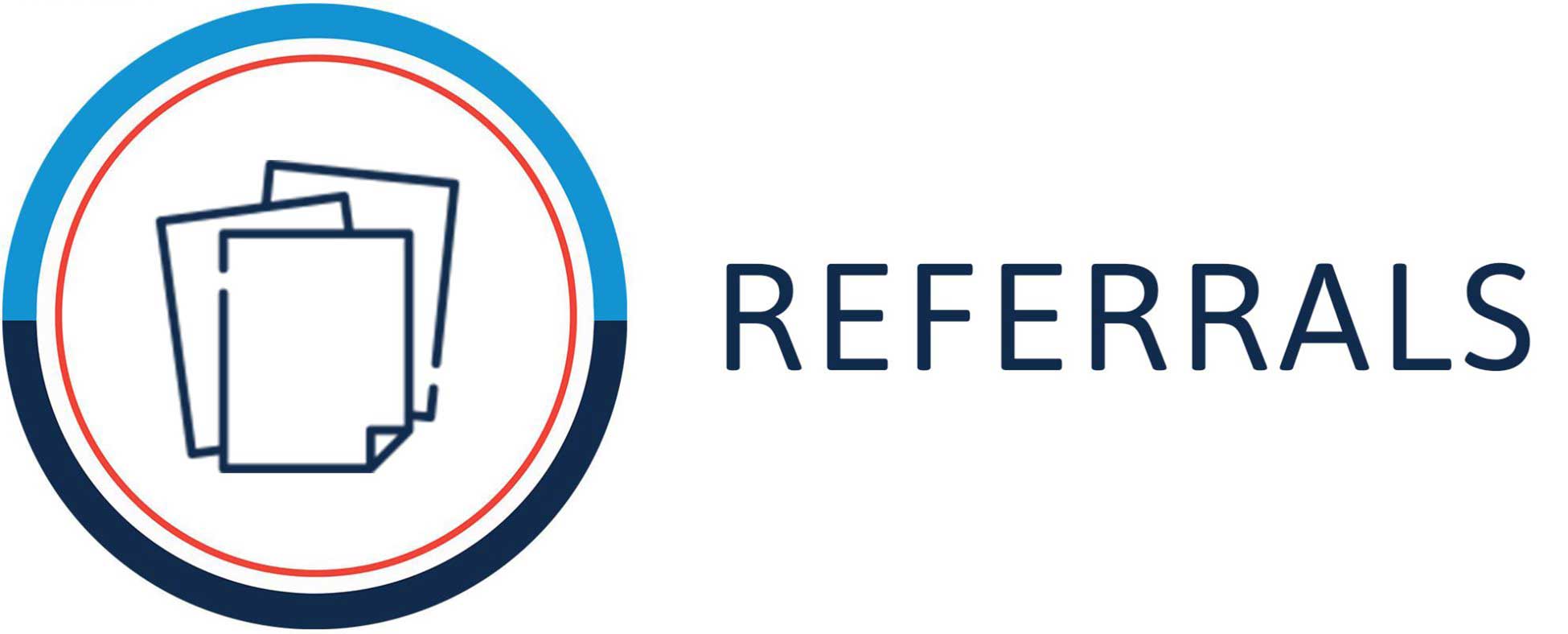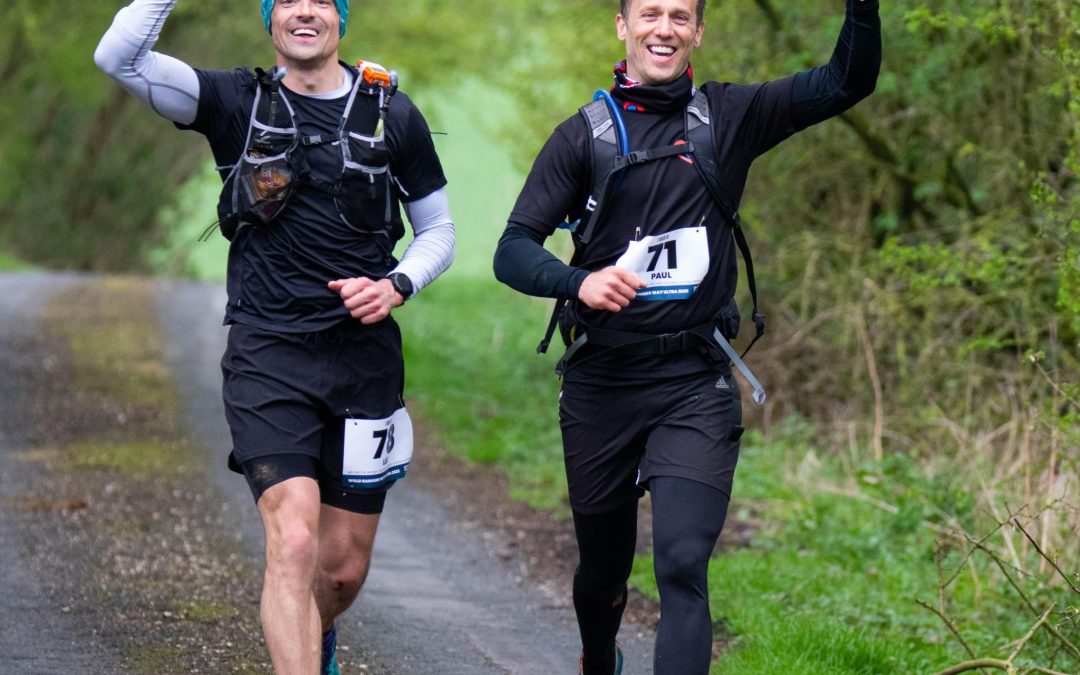In this “Self-Care after brain injury blog” I will cover
● What is self-care?
● My experiences of self-care pre/post brain injury.
● My advice to others.
The World Health Organisation (WHO) defines self-care as “the ability of individuals, families and communities to promote health, prevent disease, maintain health, and to cope with illness and disability with or without the support of health care providers”.
I think of self-care as making a conscious effort to care for my spiritual, physical, mental and emotional health.
Pre brain injury I didn’t think much about self-care. I mean, I did the basics with good hygiene and generally taking care of myself, but beyond that, it wasn’t optimal to say the least.
After my brain injury I often felt lost, confused and lonely. I missed my ‘old self’ and wasn’t very kind to my ‘new self’. There were times when I felt worthless, a burden to others, and I put myself down over my poor cognitive function. I was my own worst enemy.
Looking back this did not help me at all. What I really needed was compassion, kindness and love through self-care.
Once I started to practise self-care in my daily routine, my life changed for the better. Some of my self-care activities included exercise and spending time in nature.
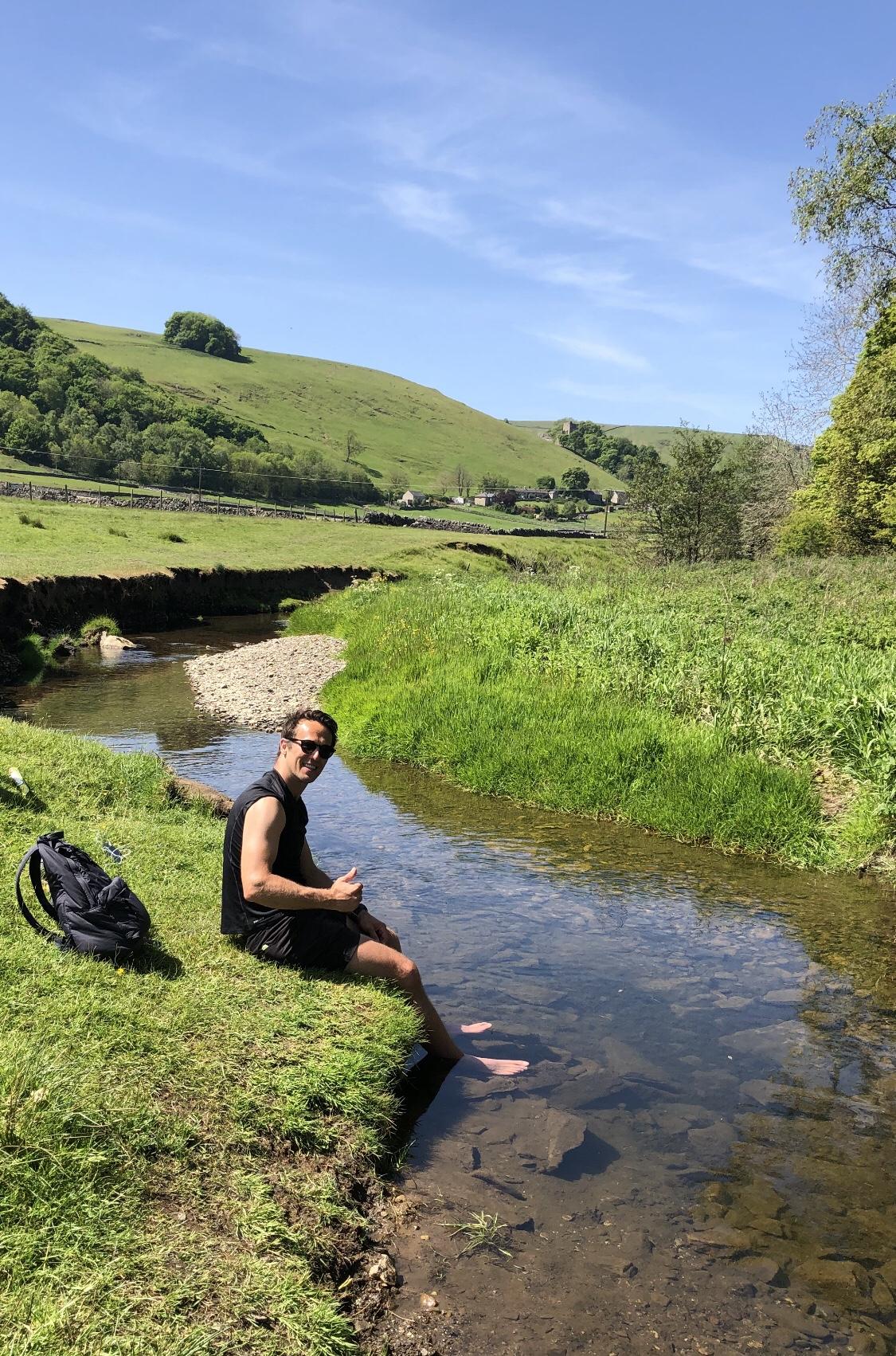
I made a conscious effort to go easy on myself, slow things down and promote positive self-talk.
I learnt to love myself again (not narcissistically) in a healthy and humane way. This really helped with my mood and cognitive function: my life became easier and more enjoyable. I gained confidence and my self-worth improved.
I would urge anyone affected by brain injury to practise self-care as I am confident it will improve quality of life and help to manage energy levels, mood and tackle challenges more effectively.
It’s important to remember that self-care looks different for everybody – find the activities and techniques that work for you.
Give yourself the same care and attention that you give to others and watch yourself bloom.
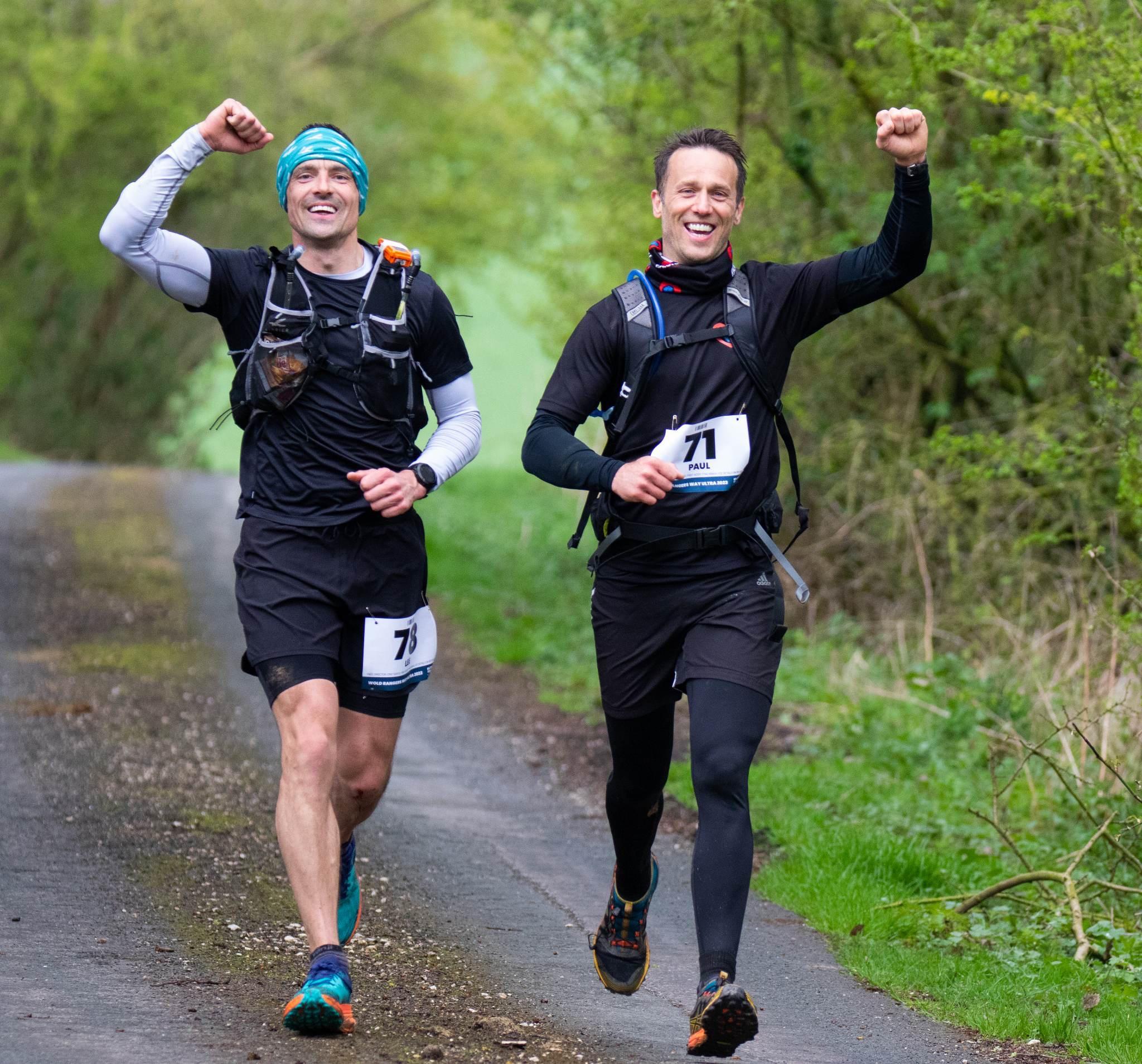
I highly recommend accessing services like P.A.U.L For Brain Recovery. They can offer social sessions, health and wellbeing activities and education about self-care.
Best wishes,
Paul

